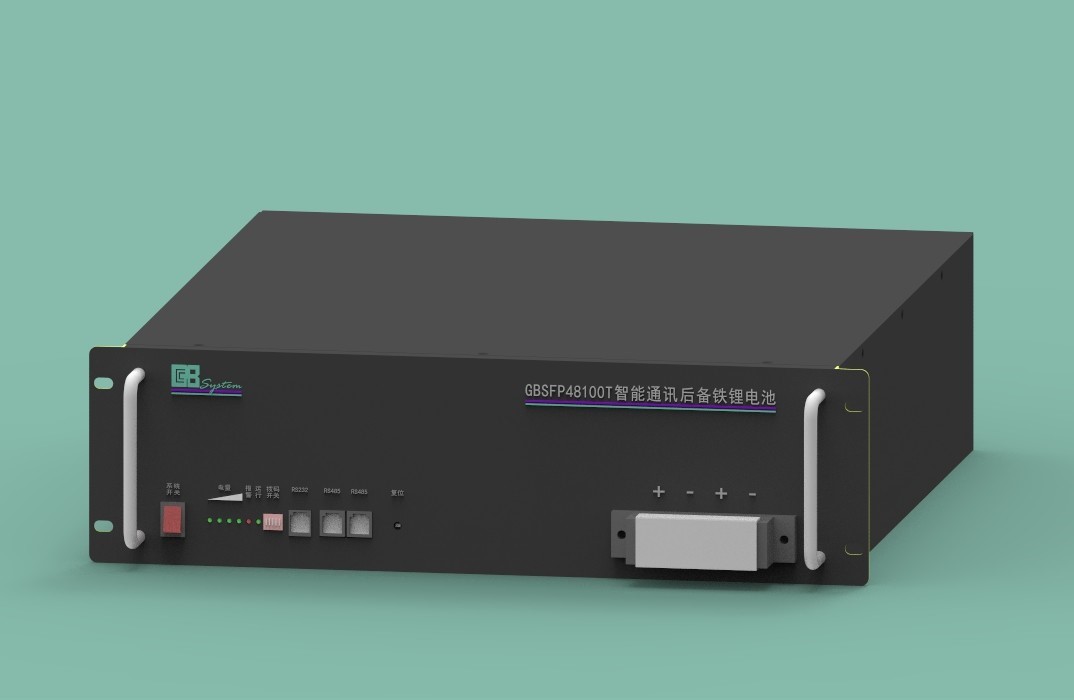The market puts forward overwhelming options when you look for ways to store electricity. A power storage medium is necessary for many applications, and batteries are a common source. For instance, you need batteries to store solar-generated power for powering your motorboat and other such cases.
Lithium iron phosphate or LiFePO4 batteries make an excellent investment. They are more enduring than traditional lead acid and other lithium batteries. However, due to their low maintenance, and increased durability, they are incredibly pricey.
One common variant is the 48v lifepo4 battery, with optimal battery structure and the highest safety standards. However, all LiFePO4 batteries provide the below-mentioned benefits.
Benefits Of a LiFePO4 Battery
A lithium iron phosphate battery gets its name from the material used in its cathode, lithium iron phosphate. In contrast, lithium-ion batteries use lithium manganese oxide or lithium cobalt dioxide as the cathodes. Other differences are beyond the scope of this article.
Long Lasting
Lithium iron batteries can endure 5000 cycles and have charging and discharging capacities up to 90%. In simpler terms, a LiFePO4 battery lasts for 7 to 8 years.
Contrastingly, the average lifespan of lead-acid batteries is only two years, with a charging and discharging capacity of 80%.
Lightweight
LiFePO4 batteries offer 50% more electric useable capacity and have 70% less weight than average acid lead batteries. Moreover, these batteries are significantly lighter than lithium magnesium and lithium-ion batteries.
Eco-friendly
In contrast to other batteries like lithium-ion and acid lead batteries, LiFePO4 batteries don’t diffuse harmful substances into the environment. The components used in these batteries are graphite, copper, and iron, which are greener than other chemical structures.
Also, lithium iron phosphate batteries are economical for manufacturers as they don't require much effort. The phosphate salts in these batteries are insoluble and don't leach into the environment, even if the disposal is improper.
No Thermal Runaway
Acid lead batteries are unstable because they often get hot during charging or operation and sometimes catch fire. In contrast, LiFePO4 batteries are stable and don't combust during operation.
Moreover, they can handle temperatures ranging from -20C to +75C and heating peaks from 350°C to 500°C. In comparison, other lithium batteries struggle to keep intact at 10 to 55°C.
No Maintenance
All batteries suffer from the memory effect to some extent. It is the battery's performance reduction due to incomplete discharges in some uses. Hence, you must get them inspected to improve the charging capacity. Fortunately, LiFePO4 batteries don’t suffer from this phenomenon and require no maintenance.
Resistant To Improper Handling
Although batteries perform some heavy-duty work yet, they require extreme care. Severe vibrations, falling, or short-circuiting can damage a battery despite its guaranteed sturdiness. However, LiFePO4 batteries resist shocks, falls, and dangerous handling. This resistance makes them highly reliable for marine and other rigorous applications like off-roading.
The Verdict
LiFePO4 batteries are becoming popular rapidly, and the reasons are out in the open. These batteries last up to 7 to 8 years and offer up to 90% discharging and charging efficiency. Moreover, they are resistant to temperature extremes and accidental falls.
The lithium iron phosphate batteries are an impeccable investment. Since they offer potential benefits and require expensive construction materials, they are the most expensive kind of battery.

